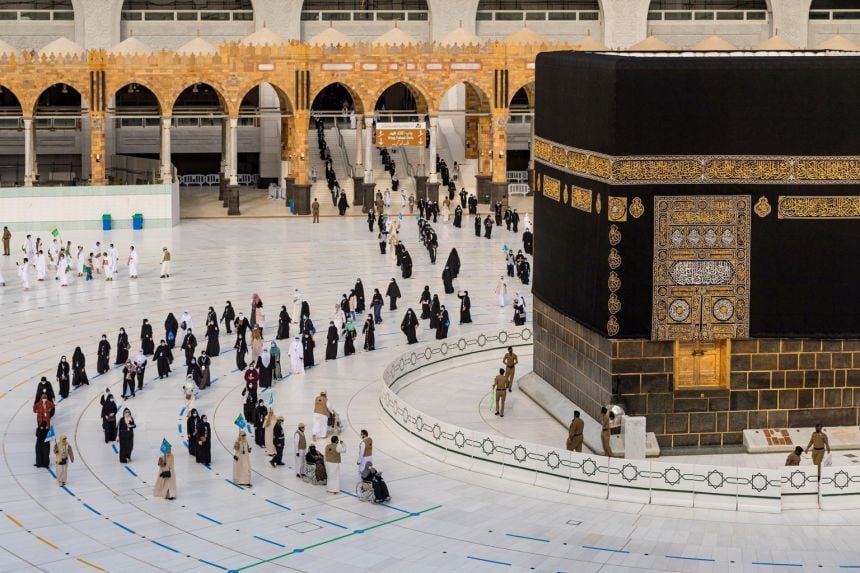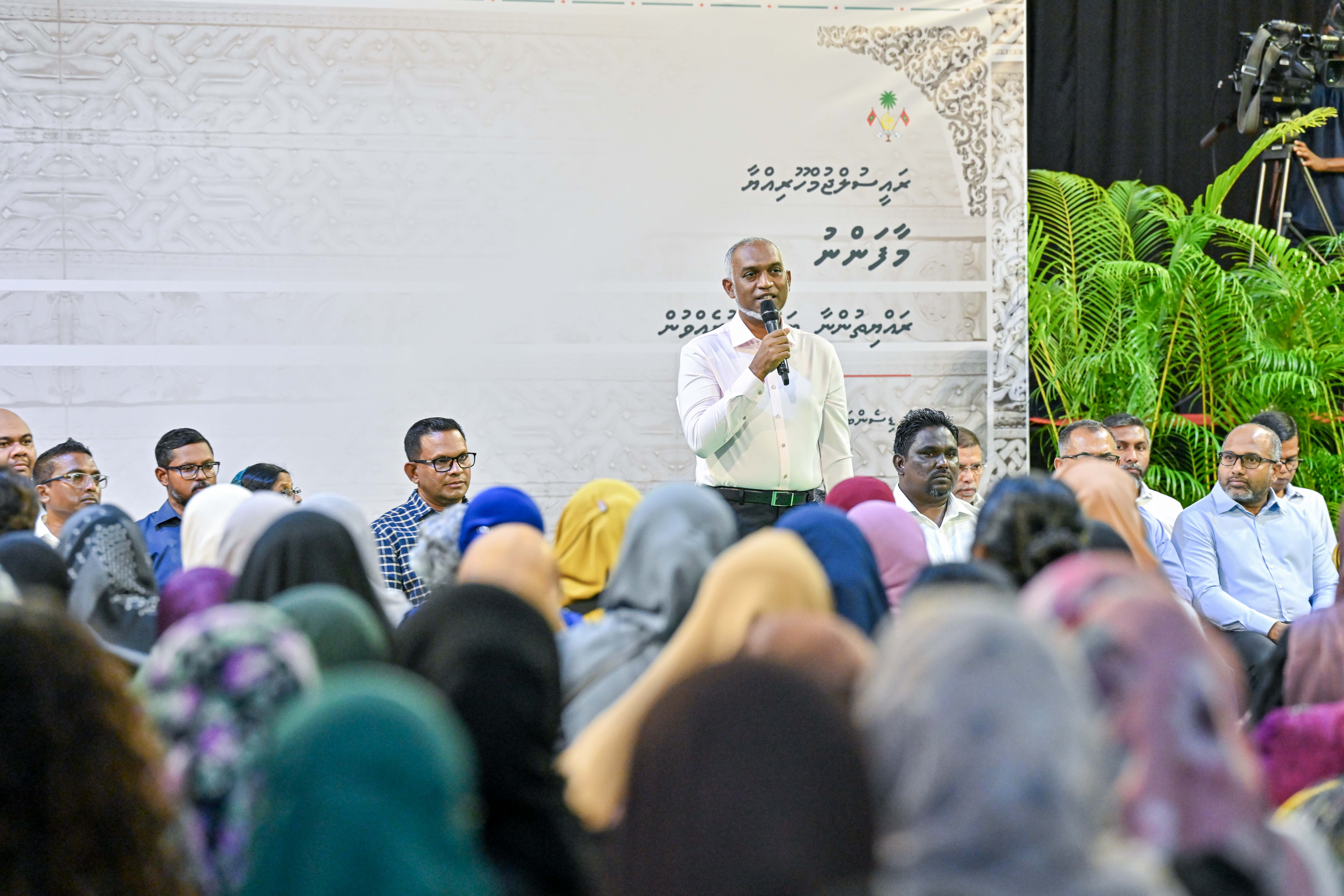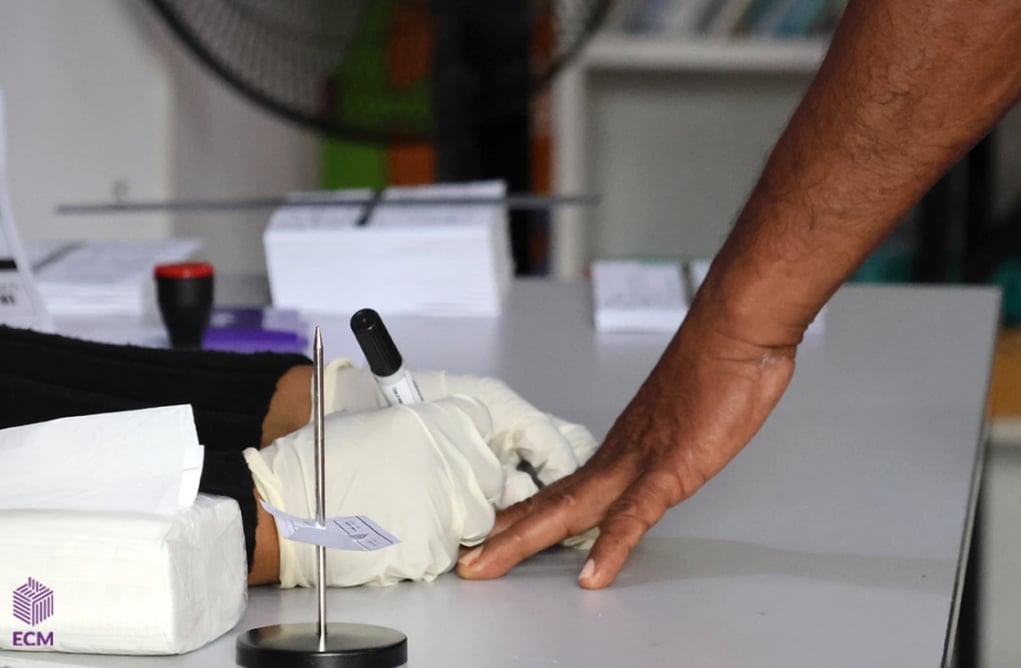Saudi Arabia has restricted the annual Haj pilgrimage to its own citizens and residents for the second year running in response to the coronavirus pandemic.
In addition to not allowing foreign pilgrims to perform the Hajj once again this year, Saudi Arabia has also set a maximum of 60,000 pilgrims to perform the Hajj this year.
This year it would be open for nationals and residents of the kingdom, limited to 60,000 pilgrims, the Haj ministry said in a statement on Saturday.
“Those wishing to perform the hajj must be free of chronic diseases and be vaccinated.. and between the ages of 18 and 65,” the ministry said.
The haj – a must for able-bodied Muslims at least once in their lives – typically packs millions of pilgrims into congested religious sites and could be a major source of contagion amid the coronavirus pandemic.
"The decision (was made) to guarantee the safety of haj amid uncertainty over the coronavirus," the kingdom's health minister Tawfiq al-Rabiah said in a televised press conference. "Despite the availability of vaccines, there is uncertainty over the virus and some countries still record high numbers of COVID cases, the other challenge is the different variants of the virus, hence came the decision to restrict haj."
Only up to 10,000 Muslims took part in the haj in July last year, a far cry from the 2.5 million who participated in the five-day annual pilgrimage in 2019 before the pandemic.
In addition to not allowing foreign pilgrims to perform the Hajj once again this year, Saudi Arabia has also set a maximum of 60,000 pilgrims to perform the Hajj this year.
This year it would be open for nationals and residents of the kingdom, limited to 60,000 pilgrims, the Haj ministry said in a statement on Saturday.
“Those wishing to perform the hajj must be free of chronic diseases and be vaccinated.. and between the ages of 18 and 65,” the ministry said.
The haj – a must for able-bodied Muslims at least once in their lives – typically packs millions of pilgrims into congested religious sites and could be a major source of contagion amid the coronavirus pandemic.
"The decision (was made) to guarantee the safety of haj amid uncertainty over the coronavirus," the kingdom's health minister Tawfiq al-Rabiah said in a televised press conference. "Despite the availability of vaccines, there is uncertainty over the virus and some countries still record high numbers of COVID cases, the other challenge is the different variants of the virus, hence came the decision to restrict haj."
Only up to 10,000 Muslims took part in the haj in July last year, a far cry from the 2.5 million who participated in the five-day annual pilgrimage in 2019 before the pandemic.


















